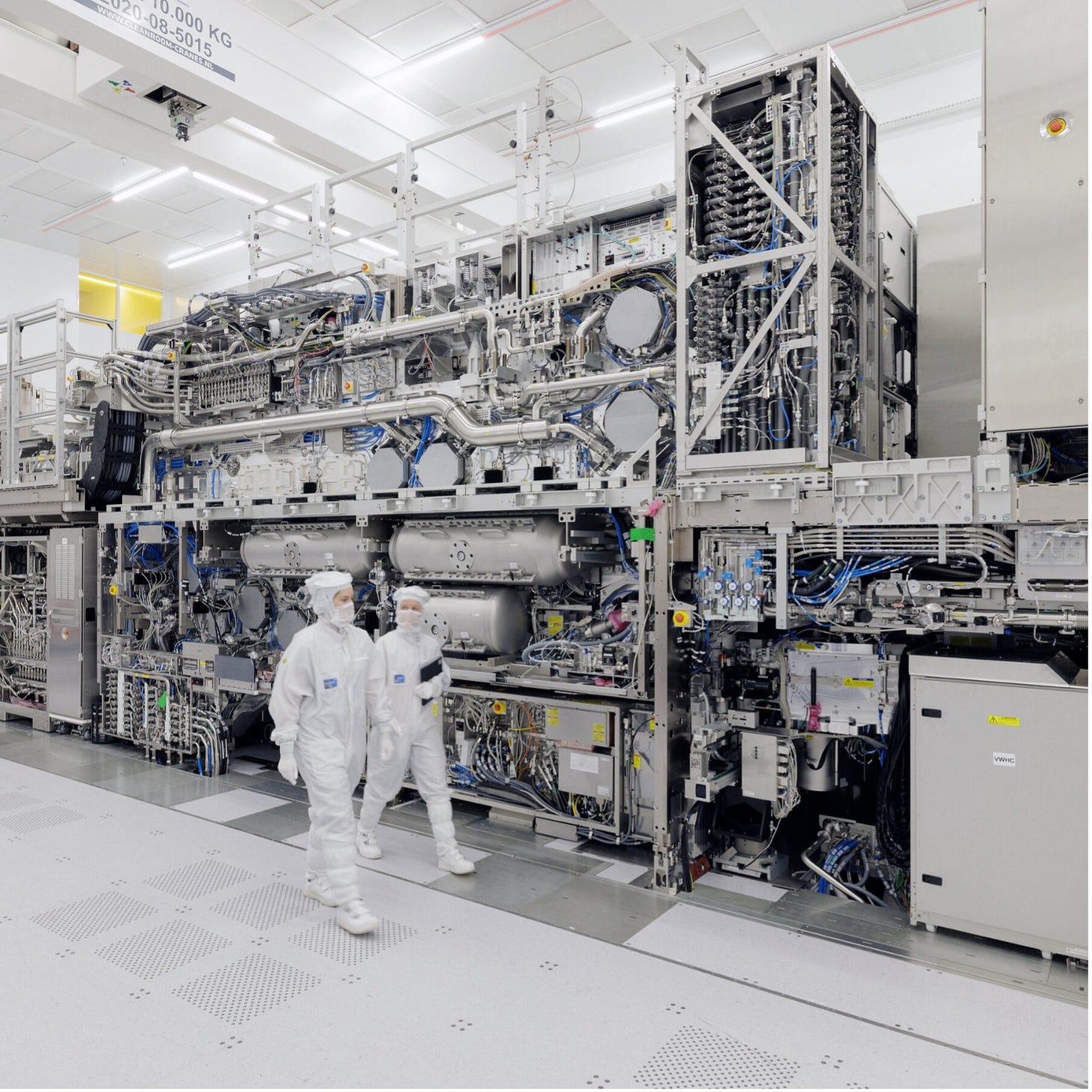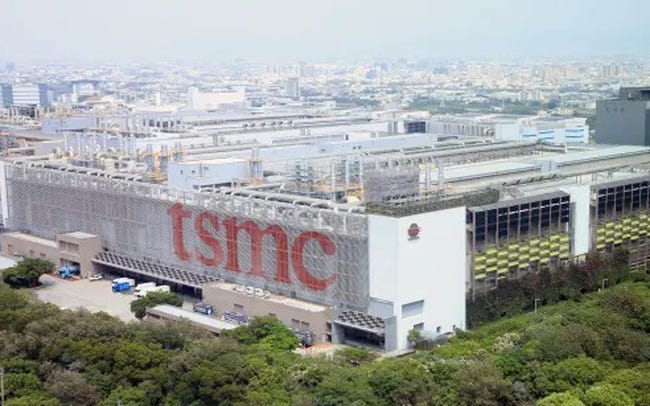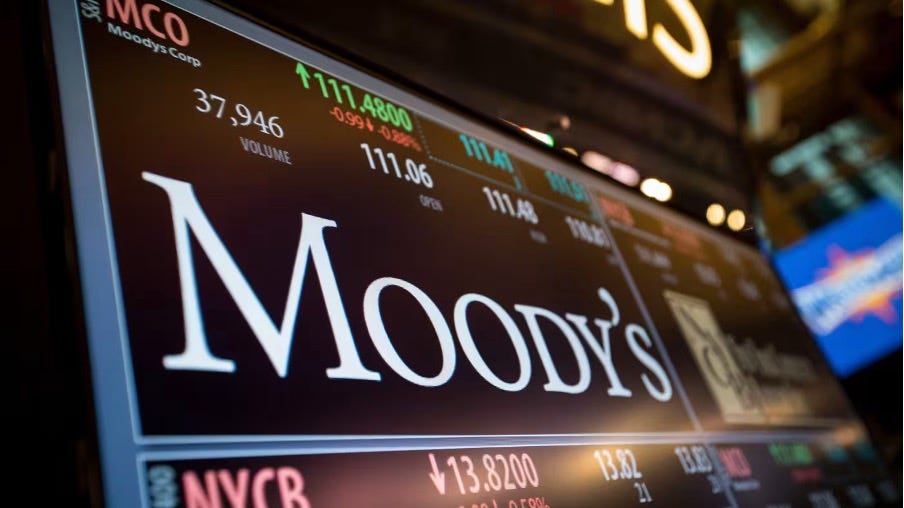10 Monopolies to invest in!
Investing Basics. #3
Warren Buffett is undoubtedly the most successful investor of all time, and over the years, he has delivered many famous investing wisdoms. But his strategy of investing in companies with strong economic moats is what he is most famous for.
However, if one actually looks at the investments that have generated the highest return, one notices that it appears that by a strong economic moat, he means monopolies or businesses with monopolistic qualities.
Buffett’s decades-long investment in Coca-Cola has made him billions. Depending on the country, the company holds around 30-70% market share in Cola. This monopolistic position in Cola has allowed the company to generate high profits, which it then reinvested in building out a global beverage portfolio, worth close to $300B.
Another monopolistic investment is Berkshire Energy. This subsidiary of Berkshire Hathaway owns regional utilities, power transmission companies, and pipelines. While this subsidiary operates in a highly regulated industry, it enjoys a stable and growing demand for its services.
Companies with monopolistic qualities generate stable and predictable income and are less prone to disruptions. That is why Buffett loves them and why investors should love them too.
In this article, I will look at 10 Monopolistic companies that could be a great addition to a long-term portfolio.
1. Visa/Mastercard
These 2 companies are at the core of our global digital commerce, responsible for processing $27T in transactions.
If we exclude China, they are responsible for processing 90% of global card payments!
This strong duopoly enables them to charge obscene fees to merchants, generating over $30B in profits a year.
Visa and Mastercard are essentially the toll booths of our global economy, as both operate the two most dominant money highways!
Such a monopolistic position allows both companies to reinvest funds in new ventures, generating additional income that doesn’t rely on transactions. It is likely that as our global economies transition away from cash, payment volumes of both companies will grow for many decades.
While new competition from alternative payment methods will come, that is unlikely to damage their prospects, as both are at the forefront of financial innovation.
2. ASML
ASML is at the heart of the global semiconductor industry, enabling the production of the world’s most advanced computer chips.
The company holds a monopoly on extreme ultraviolet (EUV) lithography machines. These super advanced bus bus-sized pieces of critical technology are used by chipmakers like TSMC, Intel, and Samsung to manufacture cutting-edge chips.
Without ASML, modern smartphones, data centers, AI models, and even military systems would simply not exist!
Each EUV machine costs over $200 million and takes months to build, yet ASML can’t keep up with demand. Their technological lead is measured not in years, but in decades.
This near-total dominance allows ASML to exercise extreme pricing power, generating $9B in high-margin profits annually, with zero competition on the horizon.
Their newest High-NA EUV machine costs $400M, is even more complicated, and is designed to mass produce AI chips.
As the world becomes more reliant on cloud and AI computing, the demand for ASML’s machines is only set to grow, making it one of the most irreplaceable companies on Earth.
3. Meta
Meta holds a near-monopoly on social media, through its family of apps, Facebook, Instagram, WhatsApp, and Messenger, each dominating its category with limited meaningful competitor at scale.
Meta is at the heart of the global social media ecosystem, enabling daily digital connection for 3.4B people!
Without Meta, much of our online communication, personal identity, and even small business advertising would be so different today.
Meta’s control over the attention of billions gives it unmatched leverage in digital advertising, allowing it to generate over $166B in ad revenue alone.
Its position is so dominant that even government regulations and rising competition from TikTok have failed to seriously erode its user base or revenue power.
Whenever a new threat comes, the company adapts and comes out stronger. I find it unlikely that anything will disrupt them in the next few decades.
4. Nvidia
NVIDIA is at the core of the global AI revolution, designing the chips that power ChatGPT, Tesla’s FSD, and AWS cloud data centers.
The company holds a 90% market share in advanced AI chips, a near-monopoly!
Without Nvidia, today’s breakthroughs in generative AI, large language models, robotics, and even scientific research would not be possible.
Its flagship AI chip, the H200, sells for around $50,000, and yet Nvidia can’t produce them fast enough.
This dominance enabled the company to generate $73B in profits in 2024, with gross margins of 75%, unparalleled in the industry.
In the 2010s, SaaS ate the world, but in the 2020s and beyond, AI will eat the world.
Nvidia is uniquely positioned to reinvest its huge GPU profits into the next generation of AI-assisted products, such as robotics and more.
5. TSMC
While Nvidia designs the chips, TSMC is the beast that actually manufactures them.
As the largest chip foundry on the planet, TSMC is the only company that can produce chips not only for Nvidia but also for other tech giants like Apple, AMD, and Qualcomm.
No other company has the scale, capital, and technical know-how to manufacture billions of chips for the price and quality their customers demand!
With a 90% market share, TSMC holds a near-monopoly on cutting-edge process nodes, including the industry’s smallest and most efficient transistors used in AI, smartphones, data centers, robotaxis, and more
Without TSMC, the global tech ecosystem would cease to exist.
The company builds and operates semiconductor fabrication plants that cost $10, $20, $30, and even $50B to build.
As the world moves even further into our technology-driven lives, TSMC services will become even more crucial.
6. Intuit
Intuit holds a monopolistic position in the US personal credit score and small business accounting software market.
Best known for products like TurboTax, QuickBooks, Credit Karma, and Mailchimp, Intuit has built a digital ecosystem that simplifies everything from taxes to bookkeeping, payroll, credit management, marketing, and more.
From gig workers to plumbing businesses, Intuit’s tools help users make smarter financial decisions, pay taxes, and grow their businesses, all through a simplified user interface that doesn’t require a finance degree to understand.
Its software is sticky, essential, and deeply integrated into its users’ financial lives. Once you’re in the Intuit ecosystem, switching is rare and expensive. That gives the company pricing power, consistent subscription revenue, and strong margins.
With the rise of freelancing, working from home, digital commerce, and AI-powered automation, Intuit is positioned perfectly to ride the next wave of economic transformation!
The company generates $3B in profits, which it can reinvest in accretive acquisitions that broaden its product offering, further strengthening its market position.
7. Moody’s
Moody’s occupies a dominant, near-monopolistic role in the global credit ratings and financial risk assessment market.
Best known for its credit ratings, analytics, and risk management tools, the company serves as a foundational pillar of modern finance, helping investors, institutions, and governments evaluate risk, set pricing, and allocate capital with confidence.
While others take risks, Moody’s measures it!
Their services are so deeply embedded in the decision-making process of global capital markets that their ratings and analytics are often even required by regulators.
Its products are high-margin, subscription-based, and difficult to replace, giving the company pricing power and recurring revenue visibility.
The company generates over $2B in profits, fueling ongoing investments in strategic acquisitions and innovation that expand its moat and global footprint.
It is unlikely that the world will become less financialized, as many emerging markets are still decades behind the developed world. With its strong market position, large profits, and industry expertise, Moody’s is in a good position to stay relevant for decades.
8. Google
Google holds a dominant, near-monopolistic position in not only the global search industry but also in the user-generated video industry (YouTube).
Whilst many investors believe Google’s glory days are behind it and AI will disrupt it, I disagree!
AI will transform search and grow the overall internet search pie to levels previously unimaginable. While Google will likely technically lose market share, as ChatGPT and others grow, it will be slowly, and Google won’t see rapid erosion of profitability. Rather, search profits will continue to grow at a slower pace.
What Google search doomers are forgetting is that the company generates close to $100B in EBIT from search, which it reinvests in high-return ventures.
The search business was 100% of the company 20 years ago, but today it is just 56%. Google has demonstrated its ability to invest in new and highly profitable ventures, such as YouTube, Cloud, Android, and soon to be Waymo.
In the 1990s, Windows was 100% of Microsoft’s business, today, it is just 9.5%. This transition happened not because Windows revenues fell as new operating systems emerged, but because Microsoft took its monopolistic Windows profits and invested them in new businesses.
Search will be to Google what Windows was to Microsoft!
9. Pool Corp
Pool Corp holds a near-monopolistic position in a boring yet highly profitable industry, swimming pools.
It is the backbone of the swimming pool installation and maintenance industry through its vast distribution network across North America!
The company has a massive ecosystem of pool builders, service professionals, and retailers, serving over 100k wholesale customers through more than 400 sales centers in the US.
Without the company, the construction and maintenance of residential and commercial pools would slow down as they supply everything from pumps and filters to chemicals.
Its dominance gives it incredible pricing power and operational efficiency, helping it generate $5B in annual revenue and $400M in net income.
Americans love pools, and that is unlikely to change.
Population growth, coupled with steady economic growth, means that Pool Corp is set to see a steady growth in demand for their services.
Also, pools need to be maintained, creating a steady and recurring revenue stream from parts.
10. Waste Management
Waste Management has a strong and near-monopolistic position in the trash services industry in North America, operating the largest network of landfills, transfer stations, and recycling facilities.
Waste Management is the key provider that keeps American streets and cities clean and functional, serving over 20 million customers!
Its scale and control over disposal assets give it strong pricing power and stability, allowing it to generate around $23B in annual revenue with resilient cash flows, even in downturns.
Regulatory complexity and capital intensity keep competitors at bay, reinforcing their moat. Newcomers can’t just start a landfill, as they are incredibly costly and often receive a lot of pushback from the community. Meanwhile, the company already owns the land, the trucks, and the long-term contracts.
If I know one thing about the US, it is that its citizens create a lot of garbage, and that is unlikely to stop. The population is growing, and people’s patience for dirty streets and bad odor is low.
It is very likely that this company will continue seeing strong demand for its services for many decades to come.
11. Conclusion
There is one word that I used frequently in this article, steady.
This is the key aspect that one needs to understand about monopolies.
They are unlikely to generate explosive growth, however, they are likely to generate stable and steady growth for many decades.
This makes monopolies extremely attractive investments for people with a long-term horizon!
As the examples of Warren Buffett, Coca-Cola, Visa, and Intuit show, monopolies are especially attractive when dividends or profits are reinvested.
Buffett has used stable dividends from Coca-Cola and Energy to reinvest in equity investments or new acquisitions.
Coca-Cola used its profits from Cola to build the world’s largest beverage company.
Similarly, monopolies are great for a dividend growth reinvestment portfolio, as the stable dividends they generate are perfect sources of capital for new investments.
Any of the 11 companies mentioned in this article would be perfect for a person’s dividend reinvestment or retirement investment portfolio.
Thank you for reading Global Equity Briefing!
Global Equity Briefing is an investing newsletter with a focus on analysing global companies. I have written highly detailed Deep Dives on Nu Bank, Ferrari, Palantir, Grab, Celsius, Mercado Libre and Hello Fresh!
Additionally, I have written Investment Cases on Meta, Amazon and Google! and comparisons of Visa vs Mastercard and Eli Lilly vs Novo Nordisk!
My goal for 2025 is to write around 4-6 articles per month!
Subscribe to get all my articles as soon as they are released!
Support my work by becoming a paid subscriber!
You can follow me on Social Media below:
X(Twitter): TheRayMyers
Threads: @global_equity_briefing
LinkedIn: TheRayMyers
Disclaimer: Global Equity Briefing by Ray Myers
The information provided in the "Global Equity Briefing" newsletter is for informational purposes only and does not constitute financial advice, investment recommendations, or an offer or solicitation to buy or sell any securities. Ray Myers, as the author, is not a registered financial advisor, and readers should consult with their own financial advisors before making any investment decisions.
The content presented in this newsletter is based on publicly available information and sources believed to be reliable. However, Ray Myers does not guarantee the accuracy, completeness, or timeliness of the information provided. The author assumes no responsibility or liability for any errors or omissions in the content or for any actions taken in reliance on the information presented.
Readers should be aware that investing involves risks, and past performance is not indicative of future results. The author may or may not hold positions in the companies mentioned in the "Global Equity Briefing" report. Any investment decisions made based on the information in this newsletter are at the sole discretion of the reader, and they assume full responsibility for their own investment activities.














Amazing read! I’d add EssilorLuxottica to the list, they control around 35–40% of the global eyewear market and have tremendous pricing power in an otherwise fragmented industry.